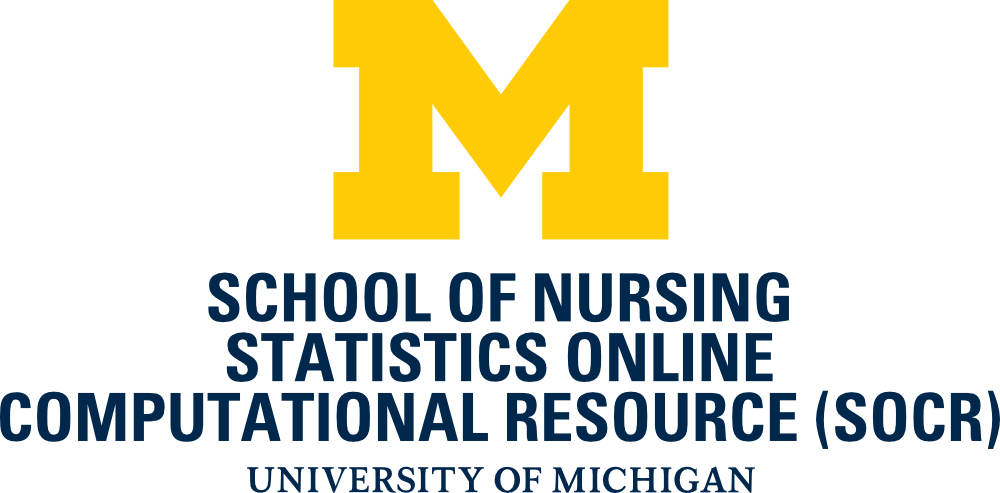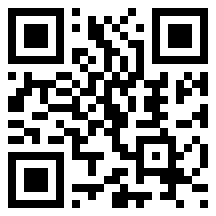Fall 2014: HS 851: Syllabus
Scientific Methods for Health Sciences: Applied Inference
Introduction to multivariate applied inference methods.
Prerequisites
HS 550, or equivalent, instructor may review syllabi of previously taken courses (past 5 years) and/or require a test to assess the equivalence of the student background, as necessary.Class Schedule
See UMSN Courses and UMich Office of the Registrar. Lectures: Mondays (8-11AM), Place: NIB 2184;Discussions: Wednesdays (8-9AM), Place: NIB 2184
Course Description
HS 851 introduces students to applied inference methods in studies involving multiple variables. Specific methods that will be discussed include linear regression, analysis of variance, and different regression models. This course will emphasize the scientific formulation, analytical modeling, computational tools and applied statistical inference in diverse health-sciences problems. Data interrogation, modeling approaches, rigorous interpretation and inference will be emphasized throughout. HS851 is a 4 credit hour course (3 lectures + 1 lab/discussion).Objectives
Students will learn how to:- Understand the commonly used statistical methods of published scientific papers
- Conduct statistical calculations/analyses on available data
- Use software tools to analyze specific case-studies data
- Communicate advanced statistical concepts/techniques
- Determine, explain and interpret assumptions and limitations
Examples of Topics Covered
- Epidemiology
- Correlation/SLR
- ρ and slope inference, 1-2 samples
- ROC Curve
- ANOVA
- Non-parametric inference
- Cronbach's α
- Measurement Reliability/Validity
- Survival Analysis
- Decision theory
- CLT/LLNs – limiting results and misconceptions
- Association Tests
- Bayesian Inference
- PCA/ICA/Factor Analysis
- Point/Interval Estimation (CI) – MoM, MLE
- Instrument performance Evaluation
- Study/Research Critiques
- Common mistakes and misconceptions in using probability and statistics, identifying potential assumption violations, and avoiding them
Teaching and Learning Methods
This is a 4-credit hour class that uses technology-enhanced and data-driven instructional techniques. Synchronous web-streaming of lectures/labs and asynchronous virtual office hour forums will be utilized. Assignments will be announced on the course website and will be electronically collected, graded and recorded. A variety of teaching methods will be used including lecture, Journal Club, discussion, small group work, and guest presentation.Textbooks
SMHS EBook and additional resources will be made available through the SOCR Wiki and may include chapters, websites for review, references, reports posted online, ebooks and other learning modules.Software and Computational Tools
We will only use open-source software, libraries and tools including the web-based SOCR tools (which require Java and HTML5/JavaScript enabled web-browsers) and the Statistical computing Software "R" (which you need to download and install the graphical user interface (GUI), RStudio). You can use any of the University of Michigan Computer Labs.Assignments and Evaluation Methods
- 40% Homework Projects
- 30% Midterm Exam
- 30% Final Paper
In this class, we will use the official UMich online gradebook (restricted access) for grading based on standard letter-grading distribution:
- A: 90%+
- B: 80-90%
- C: 70-80%
- D: 60-70%
- ...
- Plus and minus grads will also be used (e.g., "B-": 80-83%; "B+": 87-90%)
Student Code of Academic and Professional Conduct
Personal integrity and professionalism are fundamental values of the University of Michigan community. This course will be conducted in strict conformity with the UMich Student Code of Academic and Professional Conduct and related procedures.
Grading Policy
The lowest graded Homework assignment will be dropped. All Homework assignments must be completed by the corresponding deadline, however. No late assignments will be accepted. For students with genuine documented reasons for missing the midterm arrangements will be made. If after receiving the graded exams or HW/projects back you believe a grading error has occurred please see Dr. Dinov or your TA, within one week. Late regrade requests may not be accommodated. Reading assignments will be given. You will be responsible for the information covered in these assignments. Lecture and discussion attendance will be recorded from time to time.
Office Hours
- Dr. Dinov:
- Face-to-face: 10-11AM on Wednesdays (NIB 4341)
- Virtual Office Hours: Synchronous: Fridays 10-11AM, and Asynchronous: CTools Forum/Chat (restricted access)
- TAs:
- Yufang Li: Friday 10AM - 12PM, place NIB 4354;
- Jennie Lavine: Wednesday 9:30-10:30 and Friday 1:30-2:30, place NIB 4354
- CTools Forum/Chat (restricted access)


